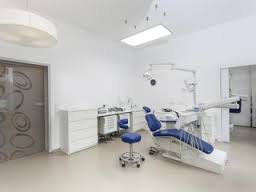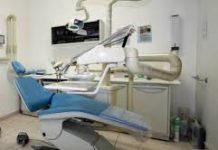Losing a tooth.
The loss of teeth is an event typically linked to childhood and to old age, but this can occur at any time of life.
Teeth can fall due to teeth or gums diseases, due to trauma or accidents.
Anyhow, replace one or more fallen teeth is vital to overall health and the basic functions of our body.
Losing baby teeth.
During childhood, the baby teeth begin to appear during the first years of life.
A baby tooth typically doesn’t loosen until the permanent tooth below pushes it up to take its place. If a baby tooth is lost before the permanent tooth is ready to erupt, a paediatric dentist put a custom-fit plastic placeholder in until the adult tooth is ready to emerge. This prevents future spacing problems.
In effect, even if baby teeth are only in the mouth a short period of time, they play a vital role, as for example, reserve space for the permanent ones, aid in the development of clear speech, help attain good nutrition, help give a healthy start to the permanent teeth, given that decay and infection in baby teeth can cause damage to the permanent teeth developing beneath them.
The first teeth to erupt, ‘6-year molars’, are often the first teeth to be lost. According to some studies, in the US about 70% of the population has lost at least one tooth and adults age 20 to 64 have an average of 24.92 remaining teeth.
The most common causes of tooth loss are tooth decay, failure of endodontic therapy, gum diseases, trauma and accidents.
Losing one or more teeth is an event that requires rapid intervention. The aesthetic factor is important but there are reasons of a medical nature that are even more vital.
Firstly, not have teeth implies that the mastication is impaired, and therefore also the first stage of digestion. Also, it is often difficult to articulate words and properly speak.
But the most severe consequence of tooth loss is the so-called bite collapse.
The bones need teeth to be stimulated and to maintain their form and density; when a tooth is lost, the lack of stimulation causes loss of alveolar bone and of the jawbones, that begin to resorb.
Bone loss is very serious both from an aesthetic point of view and for the health of the bones themselves, which become more brittle. In this way, the mouth functions are damaged.
Losing teeth.
Nowadays tooth loss can be treated with different orthodontic methods. The most healthy, as it prevents bone loss, is the dental implant.
A dental implant is inserted in the jaw, and in fact, it stimulates the bone as a true tooth.
Other treatments to replace the teeth are dentures, partial and full, dental bridges, crowns.





